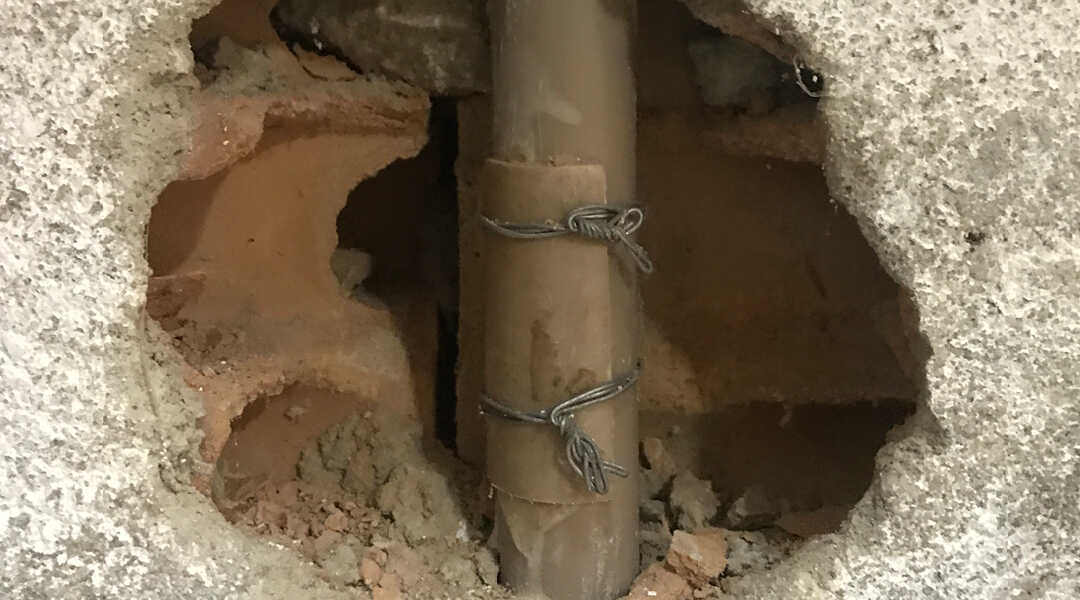The climate emergency requires us to rethink consumption, as well as the relationship between human beings and nature, also considering social spaces. To extend life on the planet, it is essential that societies increasingly encourage practices of reuse of materials and the regeneration of the environment. This workshop will discuss how fixing things can encourage more rational economic processes and stimulate creative and sustainable ways of acting in the world.
Facilitators
Fred Paulino is an artist, designer, researcher and curator. He is the catalyst of Gambiologia project (gambiologia.net), which since 2008 investigates art and technology in dialogue with education and popular culture, especially around the themes of improvisation and reuse. Fred is also the coordinator of “Tales of Care and Repair” in Brazil.
Felipe Fonseca is a Brazilian activist and free/open advocate turned researcher living in Berlin, Germany. PhD candidate at the OpenDoTT project (Northumbria University / Mozilla Foundation). Holds an MA in Scientific and Cultural Diffusion from Labjor/Unicamp. Felipe’s research topic is waste prevention in smart cities.
Registration Details
Soon.
Partner
This workshop will be held in partnership with BDMG Cultural.
What Happened
The fourth Tales of Care & Repair workshop in Brazil took place in partnership with BDMG Cultural, the institution responsible for stimulating art and culture at the Minas Gerais State Development Bank, a development bank aimed to support companies in the state of Minas Gerais.
Fifty participants from different Brazilian cities were enrolled in the workshop, of which approximately 35 attended online on the Zoom platform on 08/14/2021, with a total duration of two and a half hours. The workshop facilitators were Fred Paulino (coordinator of Tales of Care & Repair in Brazil) and Felipe Fonseca (researcher, project consultant in Brazil and member of the study group Conserta & Conta, resulting from the project’s actions in the country).
The workshop began with a brief presentation by Felipe Fonseca on current international studies and actions around repair, as well as a presentation of Tales of Care & Repair, its objectives and actions in Brazil, UK and India.
Next, an exercise of immediate collection of repair histories by the participants was proposed in their surroundings. The methodology adopted was to divide the group of participants in sub-rooms of up to 5 people, in which the facilitators remained in transit for 20 minutes. Each sub-room should select the 3 most relevant stories among those collected by its members, for subsequent presentation to the full group, catalyzing discussions on repair among the workshop participants.
The proposed dynamic functioned properly, with excellent adherence and interaction among participants in the sub-rooms. Afterwards, everyone returned to the main room of the workshop for the discussion.
Some of the topics covered by the group were: mention of the book “Things: A Story of the Sixties”, by Georges Perec; mention of the Dirty Design Manifesto; idea of the abundance in the world brought by Felipe Fonseca; idea of modularity in design from a provocation about the number of rotating DC motors present in a contemporary home; repair understanding such as “making it ready again”; disposal of electronic waste; differentiation between fix and repair in Brazilian Portuguese and in different contexts; reading of the text “The shoes of my father”, by Victor Heringer, present in his book “Vida desinteressante” (“Uninteresting life”), by the participant Matheus de Paula; discussion about the history of objects; reflection on the usefulness of Youtube as the main source of tutorials related to technical objects, instead of specialist professionals.
Some participants uploaded around 15 images of repairs to the Tales of Care & Repair website during the workshop and others made a commitment to upload more images later, which actually happened.
An interesting fact in relation to this workshop was that three participants showed interest in joining the Conserta & Conta study group, formed from project Tales of Care & Repair in Brazil, and two of them actually participated in the group’s subsequent meeting. They are Kenzo Abiko, coordinator of the Fab Lab Brasil Network and a researcher on repair culture in his MA, and Aline Coutinho, designer and practitioner of repairs and sewing.
